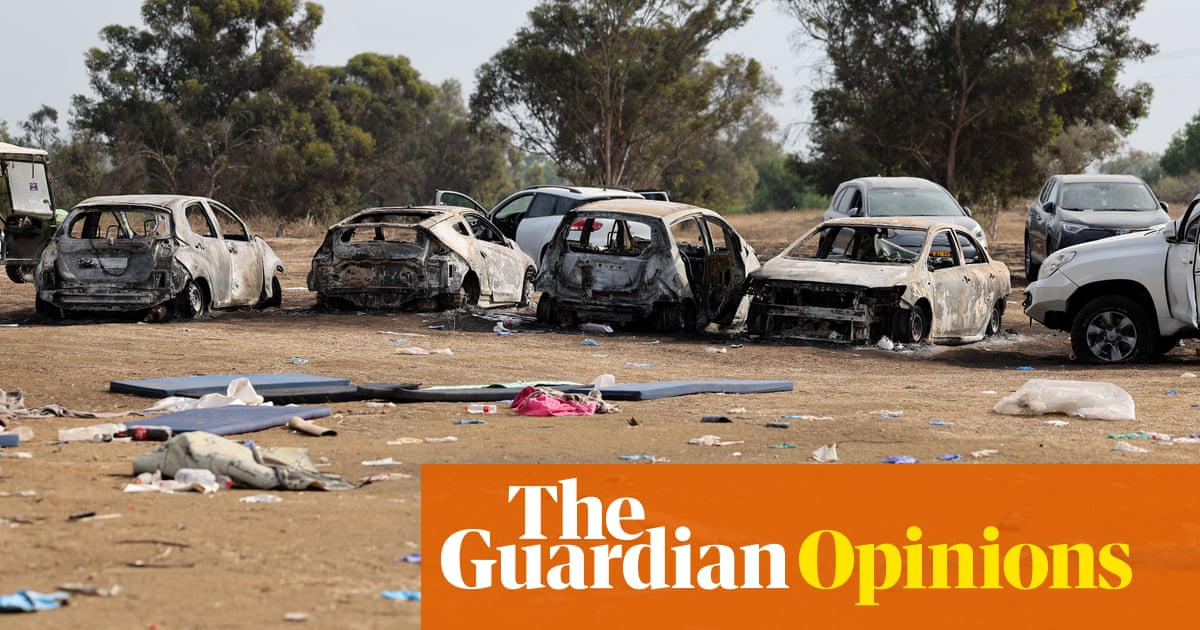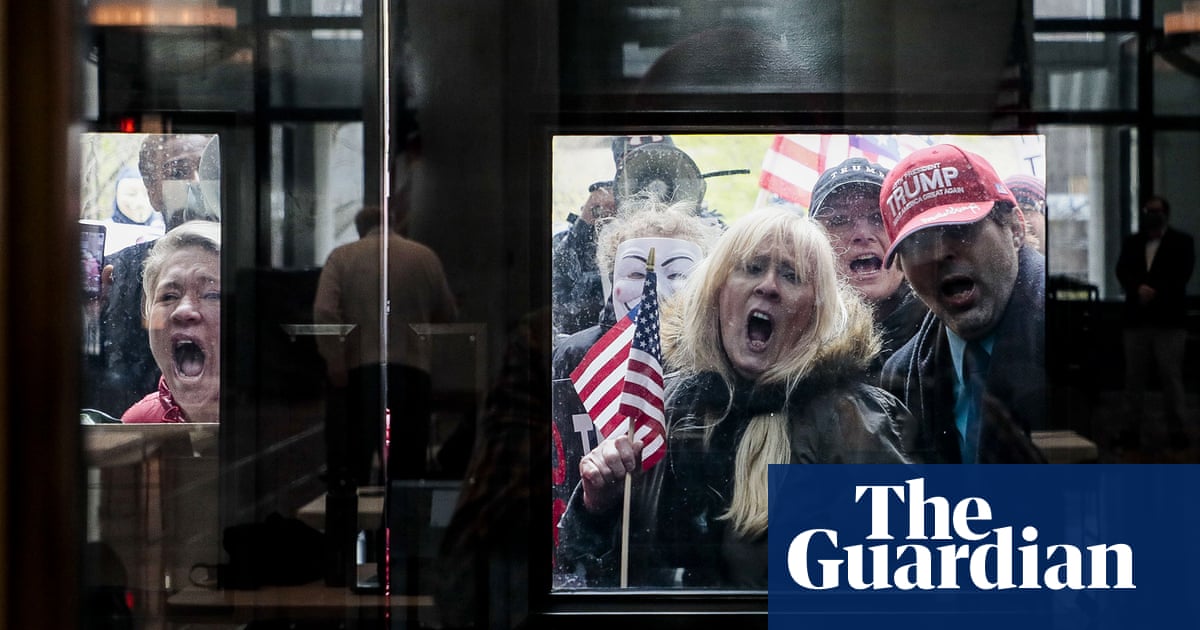
Our worst fears about Iranian dominance of Iraq have been proven true in the form of large quantities of leaked Iranian intelligence documents. These materials pertain to Iraq, yet provide insights into the nature of Tehran’s clandestine activities in Syria, Lebanon, Yemen and elsewhere.
These documents demonstrate that almost every senior Iraqi official is in Tehran’s pocket. Current Prime Minister Adel Abdul Mahdi is characterized as having a “special relationship” with Iran. Former PMs Nouri Al-Maliki and Ibrahim Al-Jaafari were wholly under Iran’s sway. Even Haider Abadi, who is usually portrayed as pro-West, held regular private meetings with Iranian intelligence personnel. Most of Abadi’s ministers were likewise assessed to be beholden to Tehran. In the context of the fight against Daesh, one Iranian agent told Abadi: “The Sunnis are vagrants, their cities are destroyed,” adding that Iran and Iraq’s Shiite leaders should “take advantage of this situation” so that Shiites “can retrieve their self-confidence.” Abadi expressed “complete agreement.”
The Quds Force’s Qassem Soleimani demanded that Abadi’s Transport Minister Bayan Jabr violate international sanctions by opening up Iraq’s skies for the mass deployment of Iranian munitions to Damascus. Jabr recalled: “I put my hands on my eyes and said, ‘On my eyes. As you wish.’ Then (Soleimani) got up and approached me and kissed my forehead.”
Other documents record Iran paying millions of dollars in bribes to Iraqi MPs and officials to obtain lucrative contracts — for sewage and water purification, for example. Iranian paramilitary allies use similar methods today to wield control over oil fields and other critical economic sectors, while acting like powerful mob bosses to dominate various districts of Baghdad.
Iraqi leaders were effectively acting as Iranian intelligence sources, allowing Soleimani to be briefed in real time about thousands of meetings with US and Western officials. Nechirvan Barzani, while prime minister of Kurdistan, immediately debriefed Iranian intelligence following meetings with foreign diplomats. Iranian agents were planted in former Parliament Speaker Salim Al-Jabouri’s office, reporting everything that happened.
The documents also record tensions between Iran’s Intelligence Ministry (MOIS) and the Quds Force. One telegram reports MOIS agents spied on Quds Force personnel attending a 2014 meeting with Muslim Brotherhood leaders in Turkey, where the two sides agreed to work together in Yemen for a “joint effort to decrease the conflict between Houthis and Sunni tribes to be able to use their strength against Saudi Arabia.”
After 2014, MOIS personnel were so shocked by massacres, sectarian cleansing and other war crimes perpetrated by pro-Iranian Al-Hashd Al-Shaabi militias and overseen by Soleimani that they sent secret telegrams back to Tehran rebuking him. “In all areas where Al-Hashd Al-Shaabi goes into action, the Sunnis flee, abandoning their homes and property, and prefer to live in tents as refugees,” reported one telegram. They warned that Soleimani was arousing anti-Iranian anger in Iraq by “publishing pictures of himself on different social media sites.”
The wholesale destruction of previously Sunni-majority towns like Jurf Al-Sakhr is described in forensic detail. Entire populations of tens of thousands of people were displaced, “most of their houses (were) destroyed by military forces and the rest will be destroyed.” In Jurf, these same Iran-backed militias are still in full control today, with the town hosting massive detention centers outside of state control.
At a time when the Trump administration has abandoned former Kurdish allies to the mercy of the Turks in Syria, these documents demonstrate the risks of forsaking allies. When American forces departed Iraq in 2011, they left former Iraqi intelligence sources unemployed and destitute. Iran bought off dozens of these sources, who provided sensitive information about US activities in the region, including details of safe houses and the names of other Iraqis who had spied for the Americans. This also allowed for the penetration of intelligence-gathering equipment that the US had provided to the Iraqi government; including a secret system for eavesdropping on mobile phones run out of the prime minister’s office.
Those of us who write extensively about Tehran’s meddling frequently run into a wall of reticence and ignorance from senior Western and regional figures. Isn’t all this stuff about Iranian regional interference just exaggerated fearmongering? These hundreds of leaked Iranian documents attest that Tehran’s stranglehold of multiple Arab states is already dangerously advanced. Iraq’s leaders are portrayed as mere puppets, forced to dance and sing for a malevolent Soleimani, who hides behind the curtain, pulling the strings.
Hard evidence of culpability in war crimes and regional interference necessitates meaningful international action. We’re not talking about Western governments issuing meaningless statements or sanctioning entities that have already been sanctioned several times over. Iran’s other violations of international law (terrorism, attacking peaceful states, nuclear proliferation, economic sabotage, weapons smuggling, etc.) are too extensive to do justice to in a brief article. Tehran must be assertively held to account. Iraqis at least deserve to see Soleimani and his acolytes hauled before the International Criminal Court, along with the establishment of a special commission to investigate Iran’s role in sponsoring militancy and subversion of multiple sovereign states.
Iraqi protesters are furious that Baghdad’s politicians, acting at Tehran’s behest, have looted vast quantities of oil wealth that is rightfully theirs. This anger is particularly acute in Shiite areas, where people are fed up with Iran’s contemptuous treatment. They will no longer accept that all aspects of their lives are manipulated by Tehran. Iran is not the defender of worldwide Shiites — it has exploited, impoverished and eviscerated these communities.
With Iraqis risking their lives against Iran-sponsored snipers and militia death squads, is it not high time for the world to belatedly acknowledge the extent of Tehran’s megalomaniacal regional ambitions and take meaningful action? These revelations, from Tehran’s own espionage agencies, must end this pervasive culture of denial once and for all.
Baria Alamuddin is an award-winning journalist and broadcaster in the Middle East and the UK. She is editor of the Media Services Syndicate and has interviewed numerous heads of state.
Disclaimer: Views expressed by writers in this section are their own and do not necessarily reflect Arab News" point-of-view










